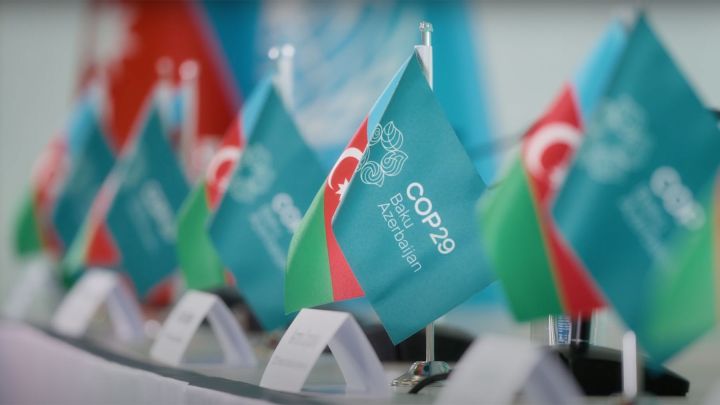The World Future Energy Summit (WFES) held in Abu Dhabi from April 16–18, 2024, drew 30,000 participants from around the globe. The immersive three-day event showcased the latest advancements in clean technologies and facilitated engaging discussions on actionable solutions, aiming to craft blueprints for a sustainable future.
The Summit focused on how to ensure reliable, affordable, and sustainable energy provision, and discussions expanded to address broader themes essential for fostering a sustainable economy. Experts discussed critical issues like water and food security, mobility, waste management, and sustainable cities. Specific topics included strategies for deep decarbonisation, advancing circular economy practices, and integrating sustainable practices throughout the value chain. Additionally, significant emphasis was placed on the crucial roles of green finance and advanced technologies, as well as on fostering entrepreneurship in the climate change sector, supported by targeted initiatives for developing climate-focused skills.
The Summit commenced with an opening address by H.H. Sheikha Shamma bint Sultan bin Khalifa Al Nahyan, President and CEO of the UAE Independent Climate Change Accelerators (UICCA). Sheikha Shamma underscored the importance of global cooperation to achieve a net-zero future and limit a global temperature increase to 1.5 degrees Celsius. She pointed to ‘The COP Presidencies Troika’, which was launched at COP28 and promotes the “Mission 1.5C” among the UAE, Azerbaijan, and Brazil. Moreover, she stressed the need for innovative climate finance mechanisms to bridge gaps in existing climate finance initiatives and enhance the engagement of private capital, highlighting blended finance as a key tool for accelerating the shift to low-carbon and net-zero economies worldwide.
The second day of the Summit focused on green finance, emphasising the need to increase climate finance across the board. Experts discussed strategies for securing funding, navigating challenges that prevent linking available funds to projects, and how to target projects and geographical areas that should receive funding.
A prominent barrier identified during the Summit’s discussions is the restrictive policies that slow the implementation of climate-related projects, along with bureaucratic delays and complex legal frameworks. In response to this challenge, an expert from a financial institution emphasised the need to simplify and standardise these frameworks at the national level. Another expert underscored the importance of customising climate finance strategies to shift attention from projects in developed countries, which often have strong and supportive regulatory frameworks, to those in developing nations where such frameworks may be lacking.
Summit participants discussed the significance of using innovative climate finance mechanisms and instruments, including blended finance in climate and sustainability projects. Speakers stressed that private capital available for sustainable projects often surpasses public funds, and that private investments can be agile and strategic in ways that public capital often can’t. They noted, however, that leveraging private capital depends on a project’s bankability and risk profile. Panellists emphasised the importance of identifying projects with both high profitability potential for investors and significant climate impact.
Recognising the emerging state of climate blended finance transactions in the Middle East and North Africa (MENA) region, UICCA, in partnership with Convergence and HSBC, released an evidence-based report. This report provides essential data on climate blended finance transactions in MENA and identifies current challenges and opportunities for the future use of such mechanisms in the region.
The core issue is not the availability of funds, but rather the alignment of financing with high-impact and profitable projects, particularly in the Global South. Diversifying and de-risking financial instruments will be crucial in bridging existing climate finance gaps and scaling up funding from billions to trillions. Strategic partnerships and collaborations among Multilateral Development Banks, Development Finance Institutions, Sovereign Wealth Funds, philanthropic organisations, and commercial banks, among others, will be paramount in driving this agenda forward.





